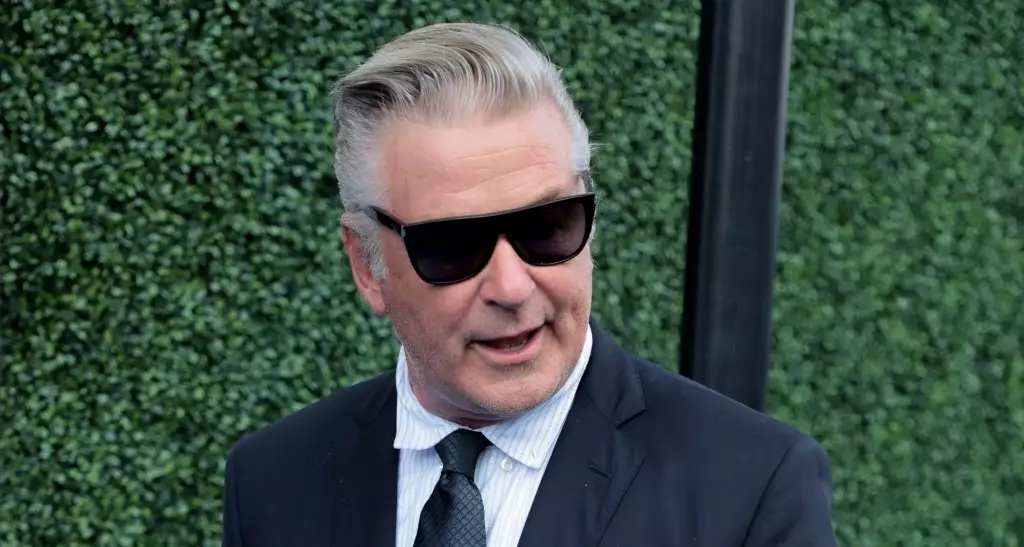In 2021, the tragic shooting of cinematographer Halyna Hutchins during the filming of the movie *Rust* ignited a firestorm of controversy and legal scrutiny, thrusting Alec Baldwin into an unprecedented spotlight. The incident occurred on October 21, during a rehearsal when a Colt .45 that Baldwin was handling discharged a live round, resulting in Hutchins’ death and injuring director Joel Souza. The subsequent legal proceedings would delve deep into questions of responsibility, negligence, and the complexities of firearms safety within the film industry. Baldwin, an Emmy-winning actor with a robust public persona, faced severe repercussions, including the potential for 18 months of incarceration for involuntary manslaughter.
In July 2023, Baldwin’s legal team successfully had the involuntary manslaughter charges dismissed, arguing that the prosecution failed to meet its burden of proof and had not presented adequate evidence. Baldwin’s attorneys, Alex Spiro and Luke Nikas, criticized the handling of the case, claiming that the prosecution had engaged in “willful and deliberate misconduct.” They pointed out a lack of transparency and mishandling of evidence, including undisclosed bullets that had been handed over to the Santa Fe Sheriff’s Office, which Baldwin’s lawyers had never seen. This development underscored the fragility of the case against Baldwin and raised serious questions about the integrity of the prosecutorial process.
Judge Mary Marlowe Sonner’s decision carried significant weight, particularly as she chastised Special Prosecutor Kari Morrissey for exceeding court filing limits and for a perceived lack of substantive arguments justifying the reopening of the case. Her dismissal of the charges “with prejudice” indicated that the prosecution could not retry Baldwin, effectively ending a legal saga that had captivated public attention for months.
Baldwin’s legal victory appears to have implications that extend beyond his personal acquittal. The case has sparked an ongoing conversation around safety protocols on film sets, particularly concerning the use of firearms. Baldwin has consistently maintained that he did not pull the trigger, a stance contradicted by expert analyses and testimony. Notably, the FBI and an independent analysis of the firearm indicated that Baldwin’s assertion lacked credibility. The implications of this case suggest a potential reckoning for Hollywood in terms of safety oversight, accountability, and the broader cultural narratives surrounding gun use within the entertainment industry.
With Baldwin recently confirming a new project that includes a reality show alongside his wife Hilaria and their family, the incident serves as a reminder of how the shadows of legal battles can linger over personal and professional lives, regardless of the outcome. The continued scrutiny surrounding Baldwin’s character and credibility speaks to the broader societal fixation on public figures involved in legal controversies.
As Baldwin seeks to close this chapter of his life, the implications resonate in the legal arena as well. The prosecution’s struggle to maintain the case sheds light on the challenges faced by legal professionals when navigating high-profile cases, the ethics of evidence handling, and the importance of transparency. Moreover, the case against Hannah Gutierrez-Reed, the armorer for *Rust*, continues as she appeals a separate conviction of involuntary manslaughter and seeks to clear her name. Her situation raises further questions about the accountability of those entrusted with on-set safety.
Ultimately, Baldwin’s case accentuates the interplay between celebrity and the law, highlighting how high-profile instances of alleged negligence can lead to both public discourse and significant legal implications. The notion of justice, whether served or obstructed, remains at the forefront of this evolving story, inviting us to reflect on the responsibilities of individuals within not just the film industry, but society at large. The subsequent attention to safety regulations and the repercussions of negligence is critical in ensuring that such tragedies do not recur, reminding us that behind the glamour of Hollywood lies an urgent need for accountability and reform.

Leave a Reply